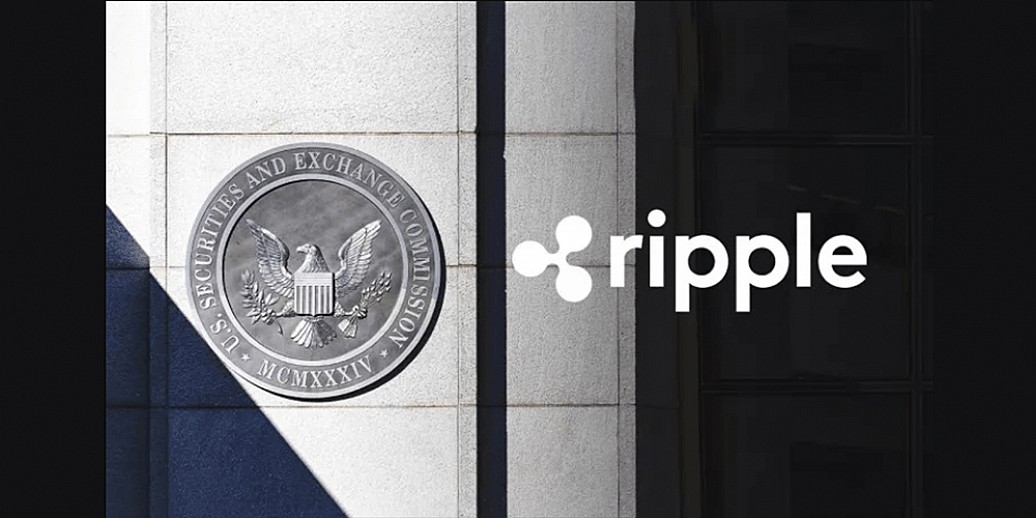Woman Faces 18-Month Sentence for Role in Massive Bitfinex Bitcoin Laundering Scheme
11.10.2024 16:00 1 min. read Alexander Zdravkov
Heather Morgan, also known as the rapper "Razzlekhan," is facing an 18-month jail term as U.S. prosecutors pursue charges related to her involvement in laundering 120,000 BTC.
In a filing from October 9, authorities have recommended a lighter sentence, highlighting her cooperation during her and her husband Ilya Lichtenshtein’s plea bargain made in July 2023. They emphasized her role as a minor participant compared to Lichtenshtein and noted she had spent only a fraction of the stolen Bitcoin.
Morgan admitted guilt to money laundering and fraud in August 2023, with the Bitcoin now valued at approximately $7.2 billion. She could face up to 10 years in prison for her actions.
While initially thought to only assist in laundering, Lichtenshtein later confessed to being the mastermind behind the hack and has pled guilty to related charges, facing a potential 20-year sentence.
Prosecutors indicated that Morgan was initially unaware of how Lichtenshtein acquired the Bitcoin, but by 2020, he had disclosed his involvement in the crime, and she actively helped him launder the stolen funds. They characterized her actions as deliberate criminal behavior carried out over several years.
In addition to the prison sentence, prosecutors are seeking restitution from Morgan, requiring her to return assets seized from the “Bitfinex Hack Wallet,” which contains around 95,000 Bitcoin and other cryptocurrencies worth over $6 billion.
-
1
Hacked Migos Instagram Used in Alleged Blackmail Targeting Solana Co-Founder
28.05.2025 9:00 1 min. read -
2
$11.5M Crypto Heist at BitoPro Revealed Weeks After Breach
03.06.2025 8:00 1 min. read -
3
Shibarium Launches Internal Probe Amid Ecosystem Abuse Allegations
01.06.2025 18:00 2 min. read -
4
U.S. Court Cracks Down on Early Crypto Fraud With Massive Fine
14.06.2025 10:00 1 min. read -
5
Coinbase Under Fire Over Months-Long Silence on Major Data Breach
03.06.2025 19:00 2 min. read
As Court Battles Intensify, Crypto Stands Behind Tornado Cash Devs
The fight over whether writing privacy-focused code is a crime is heating up on both sides of the Atlantic, and the crypto community is opening its wallet to defend two key Tornado Cash engineers.
U.S. Court Cracks Down on Early Crypto Fraud With Massive Fine
A Boston federal court has shut the book on one of crypto’s longest-running fraud cases, ordering the shuttered platform My Big Coin to hand over almost $26 million.
Argentina Clears Milei of Wrongdoing in LIBRA Memecoin Controversy
President Javier Milei has been cleared of any ethical misconduct by Argentina’s Anti-Corruption Office after a controversial memecoin post led to investor losses topping $250 million.
$14M Vanishes in Fresh Attack on Bitcoin-Based DeFi Protocol
ALEX Protocol, a DeFi platform built on Bitcoin’s Stacks layer, has suffered a second major breach—this time resulting in an estimated $14 million loss.
-
1
Hacked Migos Instagram Used in Alleged Blackmail Targeting Solana Co-Founder
28.05.2025 9:00 1 min. read -
2
$11.5M Crypto Heist at BitoPro Revealed Weeks After Breach
03.06.2025 8:00 1 min. read -
3
Shibarium Launches Internal Probe Amid Ecosystem Abuse Allegations
01.06.2025 18:00 2 min. read -
4
U.S. Court Cracks Down on Early Crypto Fraud With Massive Fine
14.06.2025 10:00 1 min. read -
5
Coinbase Under Fire Over Months-Long Silence on Major Data Breach
03.06.2025 19:00 2 min. read


